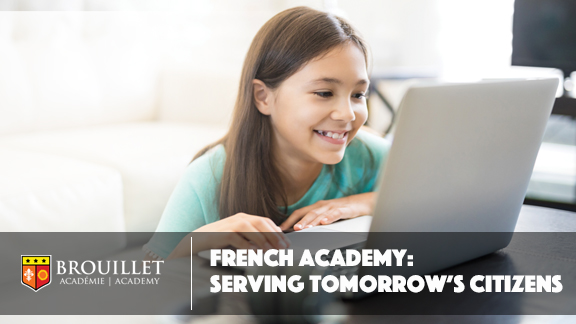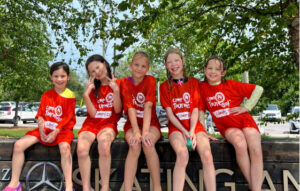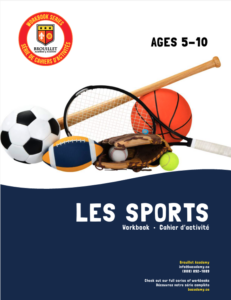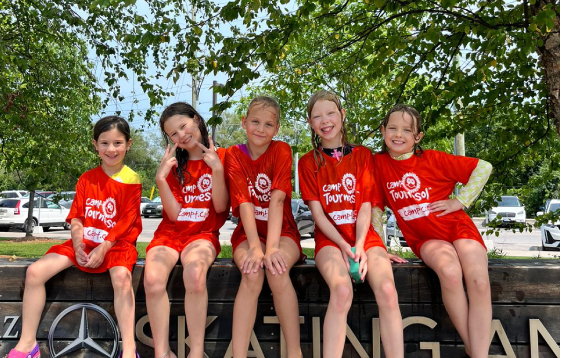In an ever-changing society where technology is an integral part of our daily lives, are we really meeting the current needs of students in the acquisition of French as a second language? How can children who opt out of French immersion (for a myriad of reasons) obtain a functional level of bilingualism? Are children graduating from French immersion really bilingual?
The approach to teaching French in immersive classrooms is above-all communicative, and values the transfer of a message and a meaning. This communicative approach suggests that the ultimate goal is learning to communicate in a foreign language. However, research (eg, Harley, Allen, Cummins & Swain 1991, Harley 1992, Day & Shapson 2001, Mougeon & Rehner 2001, Nadasdi, Mougeon & Rehner 2005, Genesee 2004, Lyster 2007; Harley, 2013; Nadasdi & Vickerman, 2017) points out that immersion learners continue to experience serious difficulties in their daily interactions in French, despite the importance given to communication in the classroom, not to mention the persistent challenges at the level of grammar, lexical choice and syntax. The traditional classroom of 30 students no longer meets the needs of tomorrow’s citizens, which are today’s students.
Tomorrow’s citizens learn from the comfort of their home. Using technology, they connect with a small group of learners, all of whom are at the same language level, and a francophone teacher, who guides them through their learning. Tomorrow’s citizens are truly at the heart of our Academy.
In order to provide an optimal learning experience, the French Academy curriculum has been designed based on recent findings that stem from experimental research on the effectiveness of second language teaching. The curriculum draws from a variety of instructional approaches and techniques in order to maximize the opportunities for successful acquisition of a given language feature. The three key concepts that form the basis of French Academy include:
- Attention to both meaning and language form – efficient language activities have been shown to draw learners’ attention to how they’re expressing themselves (“form”) while keeping what they are saying in mind as well (“meaning”).
- Task-based learning and teaching – this pedagogical approach engages learners in authentic tasks using the target second language. The DELF diploma that the French Academy offers to their students – in conjunction with the course itself – is based on this particular teaching approach.
- Constructive feedback – frequent and varied feedback provided to students by the instructor has been shown to play a pivotal role in successful language teaching. The language acquisition resulting from feedback provided during communicative and contextualized lessons is significantly more likely to be successfully transferred to spontaneous language use outside the classroom.
You can review some of our lesson plans and independent work assignment here and here.
At our Academy, tomorrow is today. We are building step by step the future of our students in the acquisition of French as a second language. Come join us on this learning journey!









